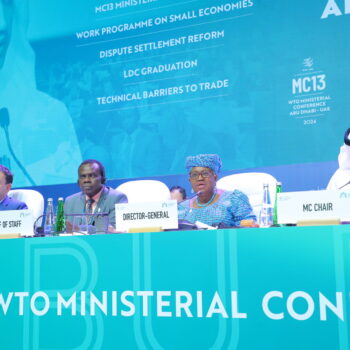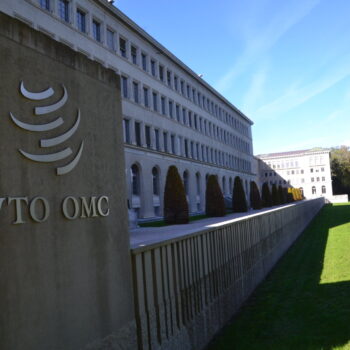The achievement of important Energy Union policy objectives (i.e. energy security, IEM completion, and decarbonisation of the energy system by 2050) will depend on the EU's ability to develop a new and coherent set of rules that better align market and climate objectives and facilitate collaboration and resource sharing between Member States. Moreover, transforming
the Energy Union from vision to reality will require not only a re-set of the policy framework but also changes to improve the governance of EU energy markets.
Getting governance right means having in place a robust institutional and regulatory framework that better aligns the IEM and decarbonisation agendas and ensuring it is based on the key principles of good governance, namely transparency, accountability and legitimacy.
In the context of the Market Design Initiative (MDI), governance refers to the legal, procedural and institutional arrangements put in place at EU and national levels, to ensure delivery of IEM/Energy Union objectives. These include:
- a fully functioning and sustainable energy market that integrates energy efficiency first;
- optimised deployment of decentralised renewables and other flexible energy resources;
- the efficient sharing of resources across borders to ensure security of supply for all at a reasonable cost; and
- the promotion of a more open energy system that attracts a diverse range of new players and business models.


